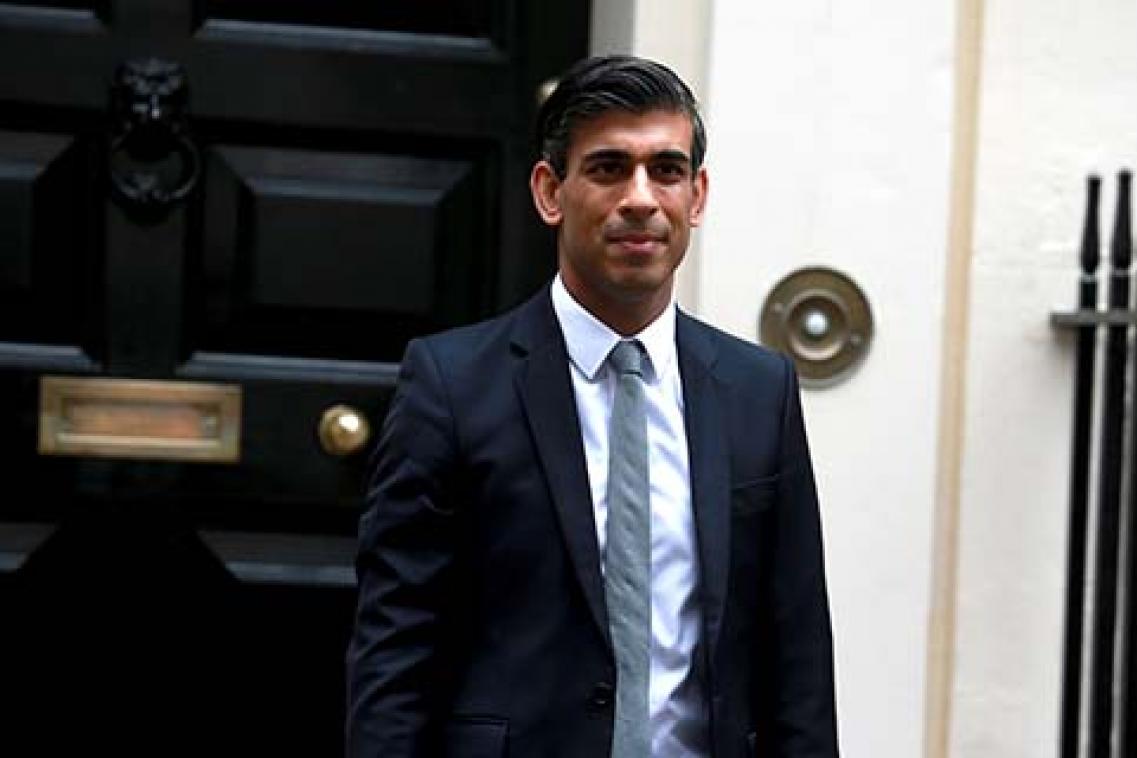Event
19 March 2020 at 10:00
<p>Please see above for details on how to watch this event online.</p>
Council tax is both increasingly out-of-date and arbitrary, and highly regressive with respect to property values. At this event, IFS researchers will present the key findings of a new report which examines a range of possible reforms to the council tax system.





































